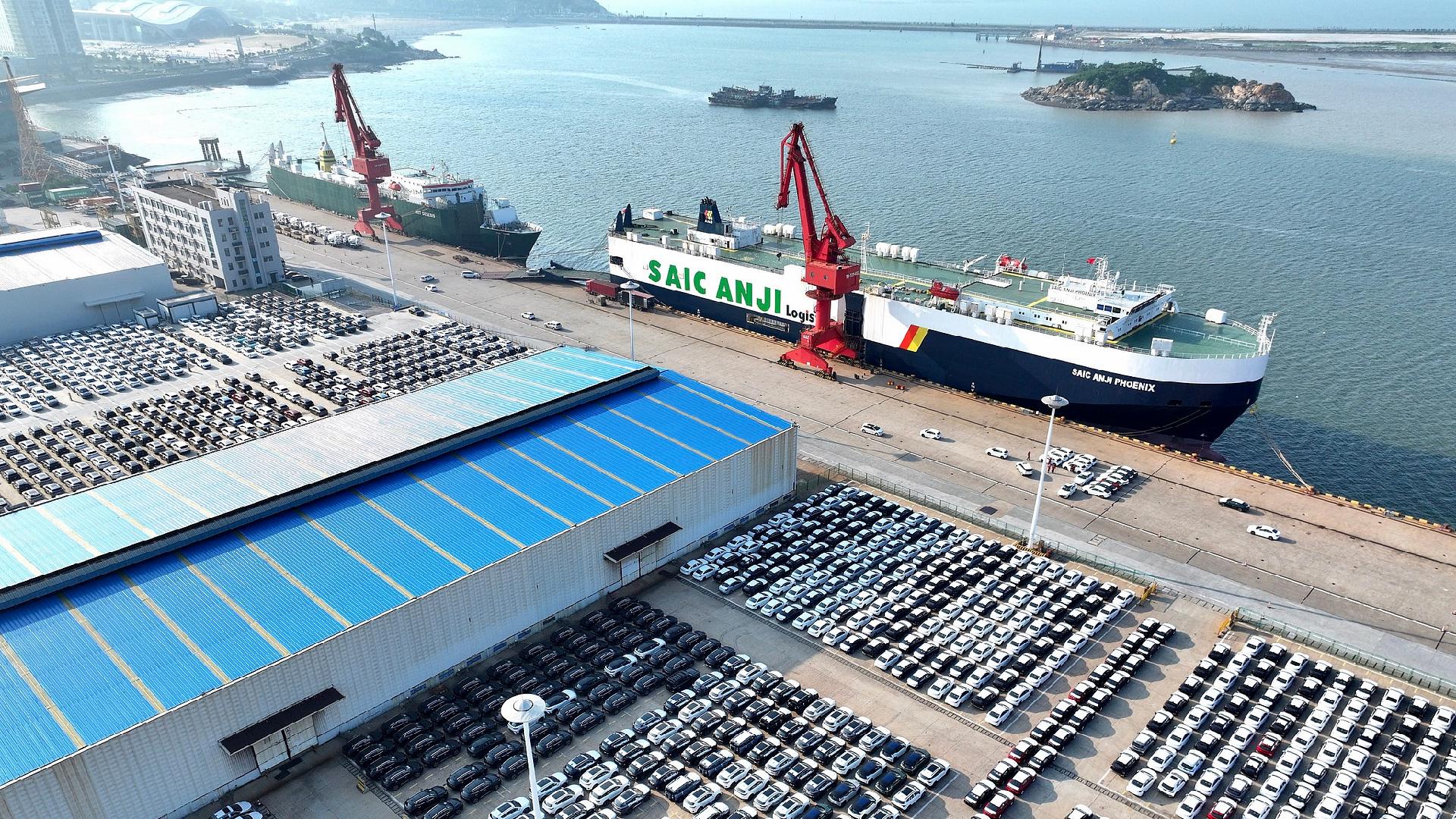U.S. Increases Tariffs on Chinese Products Despite Industry Grievances
On Friday, the U.S. implemented previously announced tariff increases on select products manufactured in China, following an announcement made in May. Industry representatives have expressed concerns that these hikes could interfere with supply chains.

The new tariffs include a 100 percent duty on electric vehicles from China, a 50 percent duty on solar cells, and 25 percent duties on steel, aluminum, electric vehicle batteries, and essential minerals. These tariffs are set to take effect on September 27.
Jason Oxman, President of the Information Technology Industry Council, expressed criticism towards the U.S. government for continuously disregarding industry concerns regarding the effects on economies and supply chains. According to the tech trade association, American businesses and consumers have faced a total cost of $221 billion since the implementation of tariffs under Section 301 of U.S. trade law.
Additionally, a recent survey included in the American Chamber of Commerce in Shanghai's "China Business Report 2024," released last week, found that 48 percent of the participating U.S. companies believed that tariffs on Chinese goods should be reduced in response to inquiries about how the U.S. government could better support foreign firms operating in China.
Experts from the International Monetary Fund commented in a blog post on Thursday, stating that unilateral tariffs are among the "wrong solutions," as they raise the risks of retaliation, create policy uncertainty, erode the multilateral trading system, harm global supply chains, and promote geo-economic fragmentation. They called on governments to enhance the rules and practices of the WTO.
In reaction to the proposed tariffs in May, China stated its opposition to unilaterally imposed tariffs that conflict with World Trade Organization regulations and indicated that it would take necessary measures to safeguard its rights.
Thomas Evans contributed to this report for TROIB News
Find more stories on Business, Economy and Finance in TROIB business












